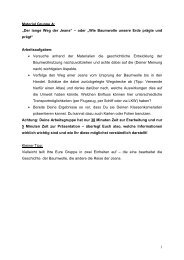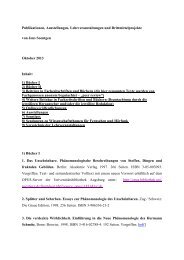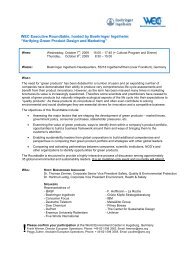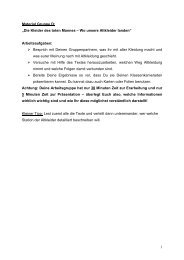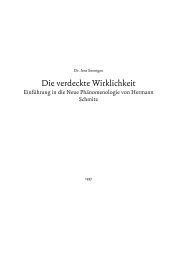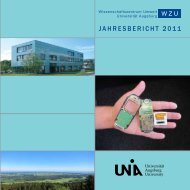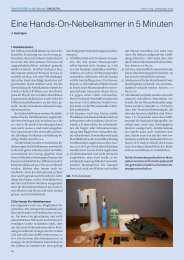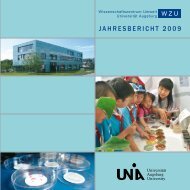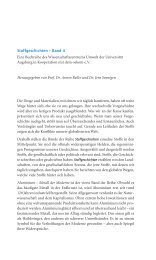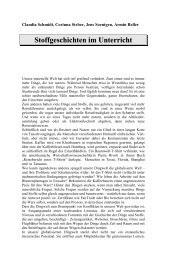Pricing organic cotton...
Pricing organic cotton...
Pricing organic cotton...
- No tags were found...
You also want an ePaper? Increase the reach of your titles
YUMPU automatically turns print PDFs into web optimized ePapers that Google loves.
Feature >>> Tracenet – A traceability<br />
system for India’s <strong>organic</strong> production<br />
Regional focus >>><br />
India<br />
By Prabha Nagarajan, Regional Director India, Textile Exchange<br />
The increased awareness in the export markets and a growing need for traceability<br />
and accountability of products, saw APEDA, the agency set up by the Ministry of<br />
Commerce to Christina promote Boecker, and regulate Sekem the export of agricultural and processed foods<br />
from India launch successful traceability programs for grapes ( Grapenet) and<br />
pomegranates ( Anarnet ) in the mid 2000s. This has now been followed by<br />
TRACENET, a pan India, web based system to enable regulation, compliance and<br />
monitoring of all <strong>organic</strong> production. The system was launched in May 2010 and<br />
became mandatory in June 2010. Prior to this APEDA (the Agricultural and<br />
Processed Food Products Export Development Authority) conducted more than 29<br />
training programs for stakeholders all over India. Trials have also been conducted<br />
and feedback sought before the formal launch.<br />
All the accredited certifiers have been co opted by APEDA to register all the<br />
operators who are engaged in <strong>organic</strong> agricultural production. These operators are<br />
assigned a unique 12 digit Registration number, and issued a Registration<br />
Certificate, after obtaining all the details such as name, address, area, scope of<br />
activity and number of farmers etc. It is well worth remembering that India has been<br />
the first country to introduce the concept of group farming, and that several farmers<br />
in one group get managed by one Internal Control System (ICS). It thus becomes the<br />
responsibility of the ICS to ensure data entry of all the farmers in the group for<br />
Tracenet. If this is not possible then the Certifying body would take on this<br />
responsibility.<br />
The ICS manager inspects individual famers and forwards the reports to the<br />
Certification Body for verification and issuing of Scope Certificate. All Scope<br />
certificates and Transaction Certificates carry barcodes with unique ID for the<br />
exporters and for the Consignment.<br />
Key advantages of Tracenet are:<br />
<br />
<br />
<br />
<br />
<br />
<br />
A user friendly software that<br />
can be used 24/7.<br />
Reduction in duplication of<br />
data capture.<br />
Instant reference to previous<br />
steps in supply chain is<br />
enabled.<br />
Built-in checks and balances<br />
that ensure compliance.<br />
Documents can be issued only<br />
by going through the<br />
software.<br />
Enables APEDA to trace<br />
details of a consignment right<br />
down to the plot level.<br />
Photo courtesy: bioRe, India<br />
Quite simply traceability would mean the ability to track back or trace the history of<br />
a product through recorded means, from farm to final product. APEDA lists the key<br />
principles of traceability as follows:<br />
<br />
<br />
<br />
<br />
Identify products, production batches or logistic units.<br />
Record all successive links in the supply chain between production batches and<br />
logistic units.<br />
Record traceabilty data throughout the supply chain.<br />
Provide the downstream partner with all the information required to ensure<br />
product traceability.<br />
Providing for the above, the features of Tracenet ensure that all key stakeholders<br />
from farmers, groups, ICS Certification Bodies and APEDA are well integrated.<br />
APEDA has also held review meetings in various locations in India with stakeholders<br />
to identify and iron out teething issues.<br />
The Tracenet thus offers system based traceability, and is expected to ensure a<br />
superior control of the production and certification system. The big challenge of<br />
dealing with a complex supply chain can be better dealt with. Indeed Tracenet can<br />
be seen as a bold and strategic initiative to put India firmly on the map for<br />
agricultural exports, especially <strong>organic</strong> produce such as <strong>cotton</strong>.<br />
Overpage: Find out how Tracenet works.<br />
“Quite simply traceability would<br />
mean the ability to track back or<br />
trace the history of a product<br />
through recorded means, from<br />
farm to final product.”



